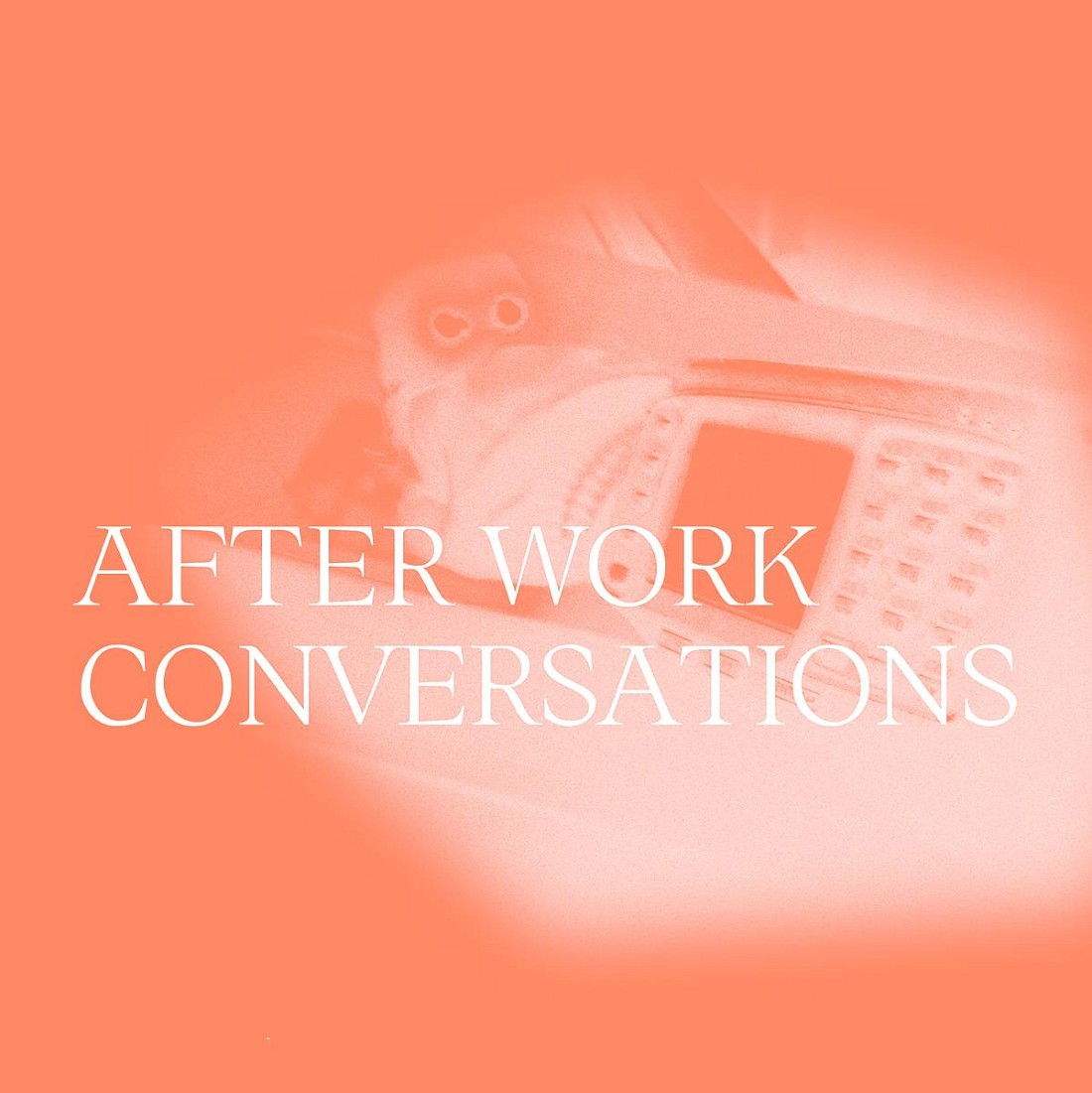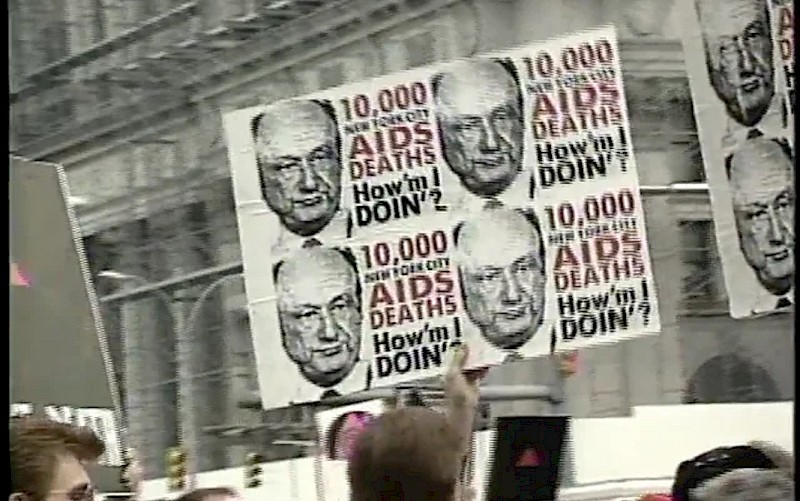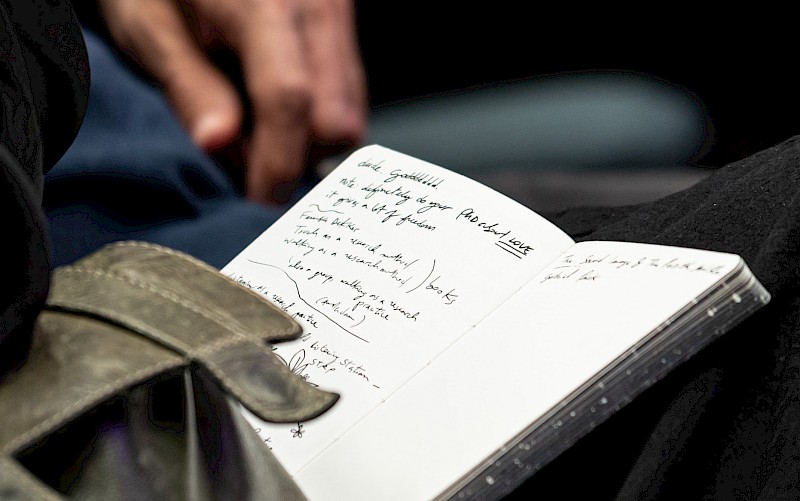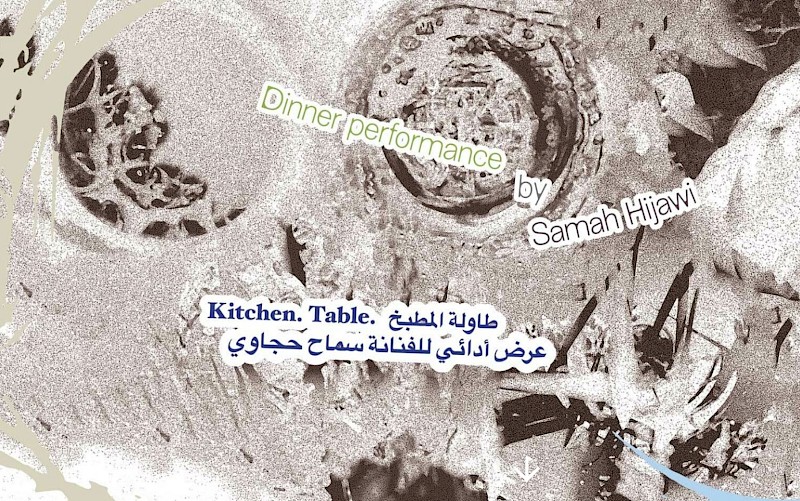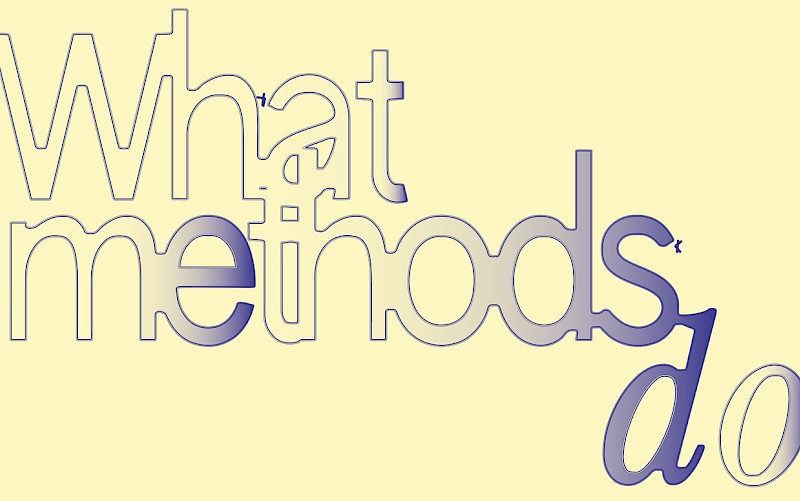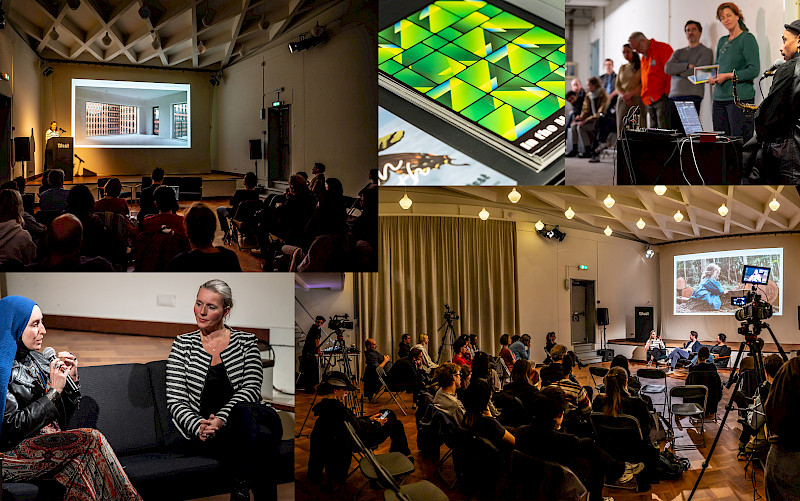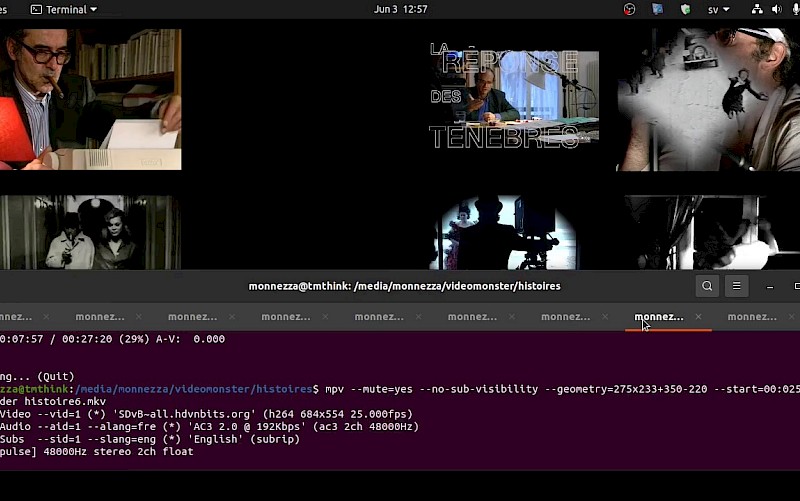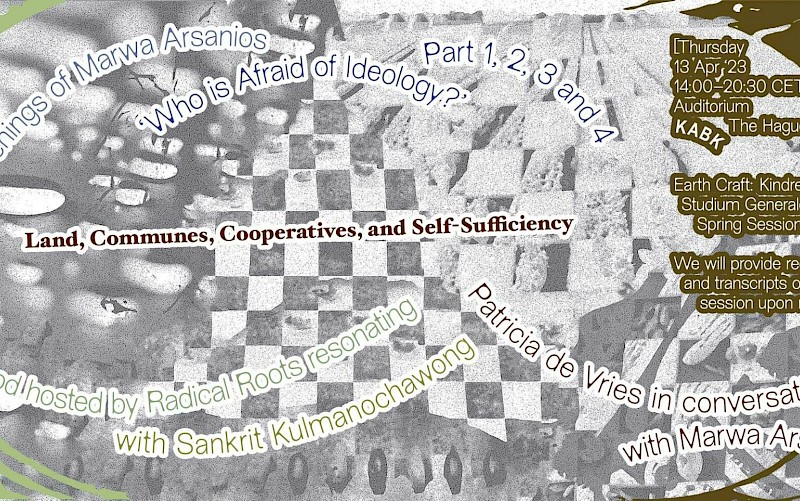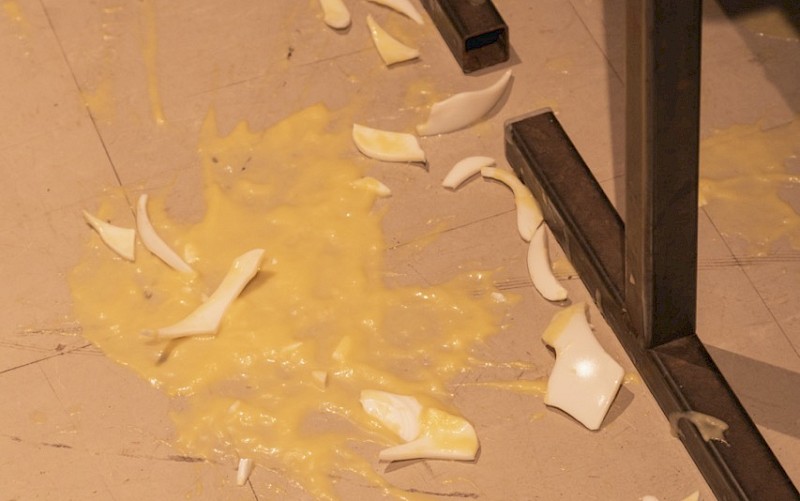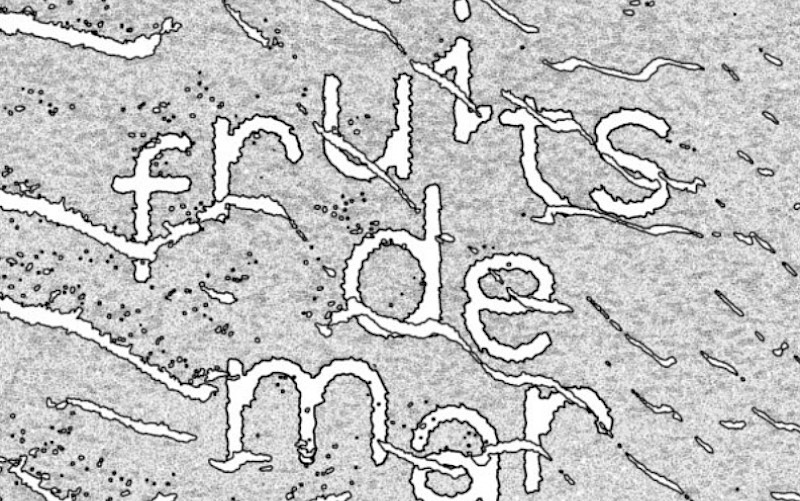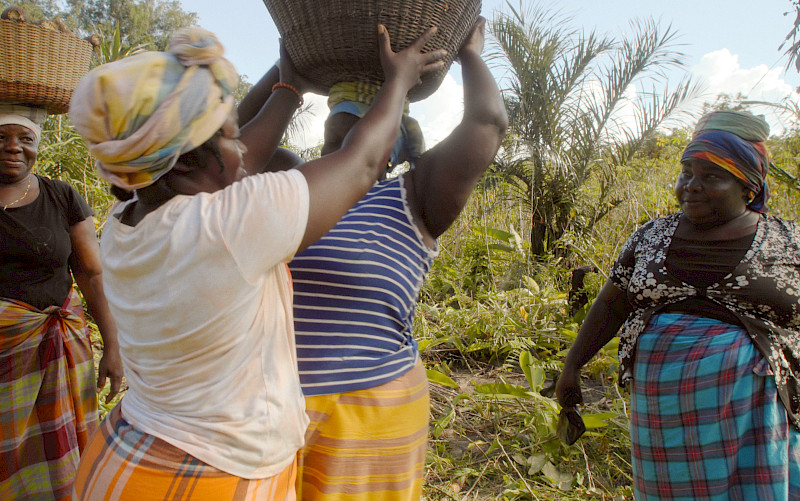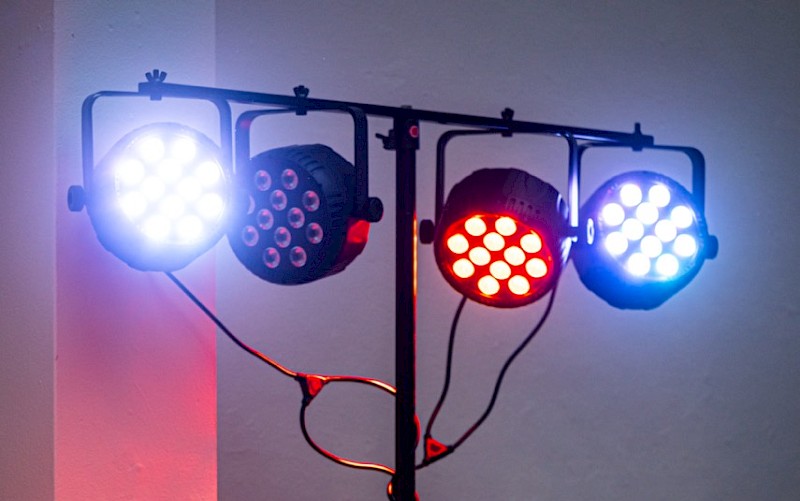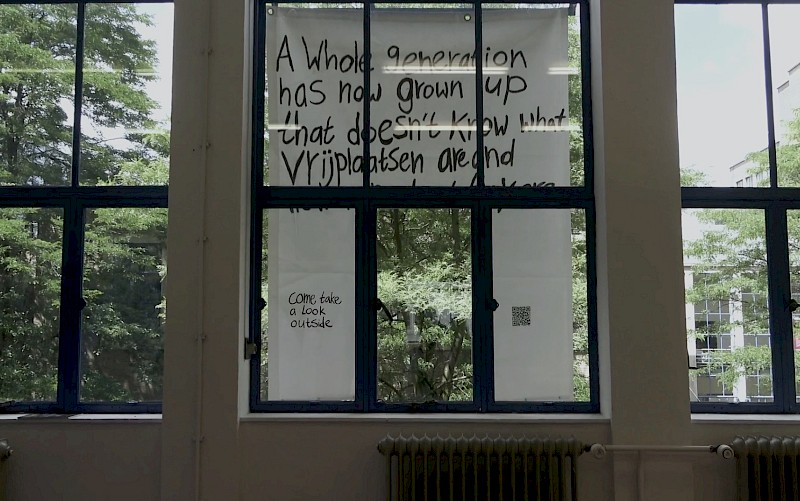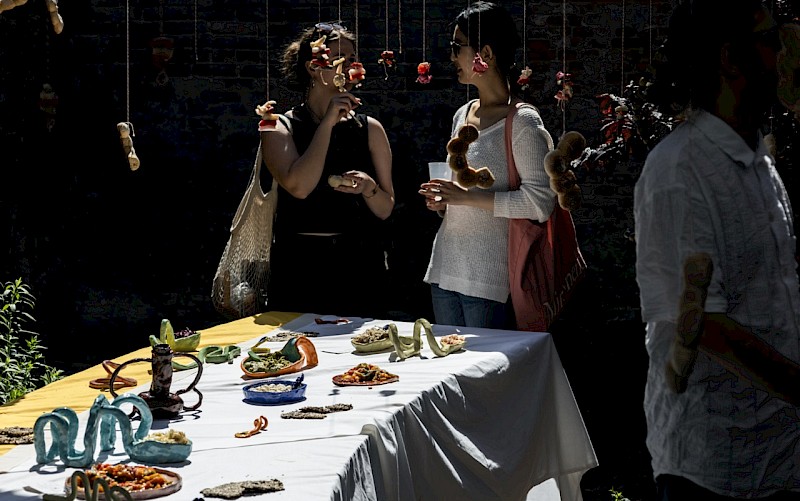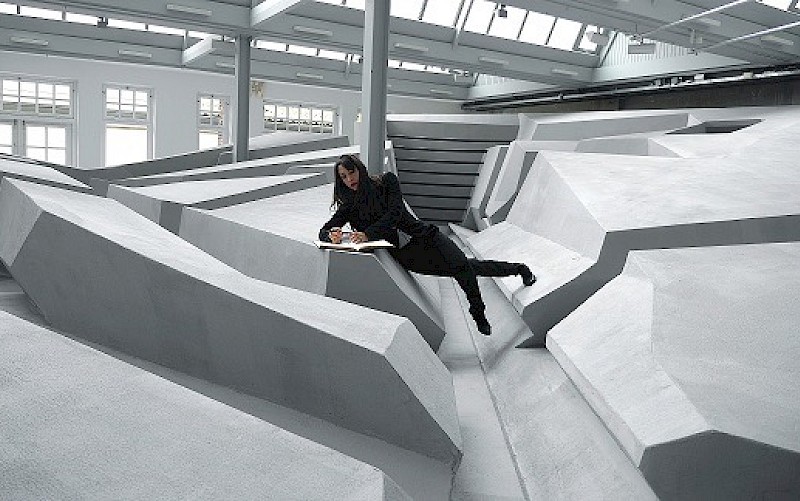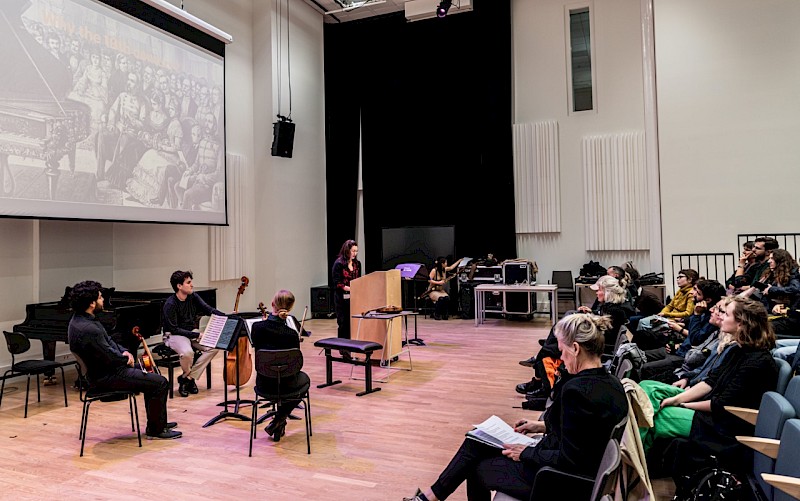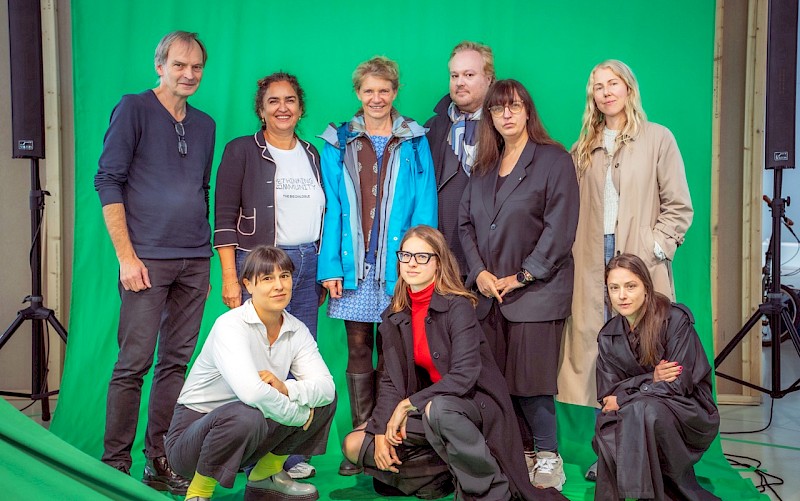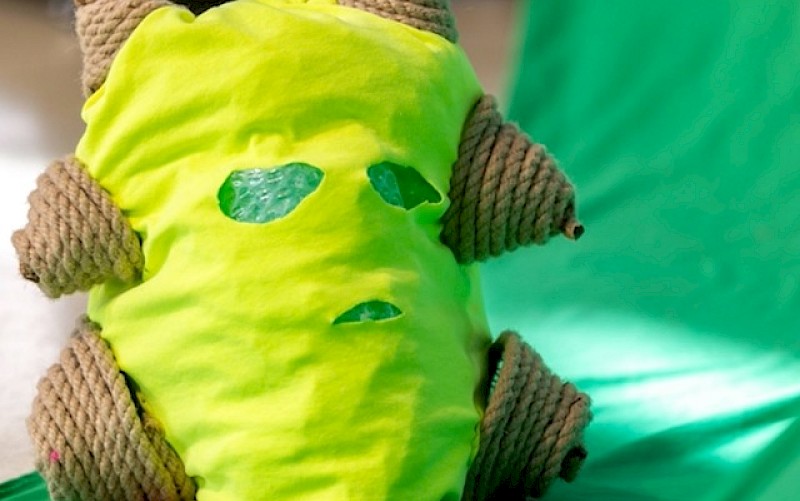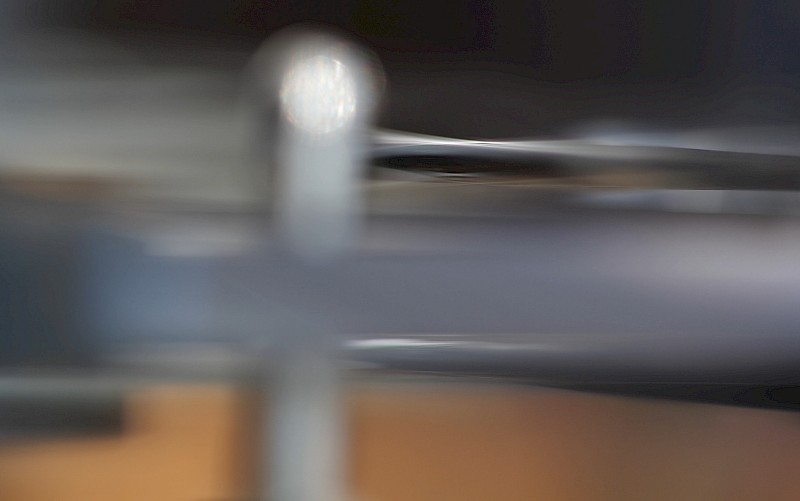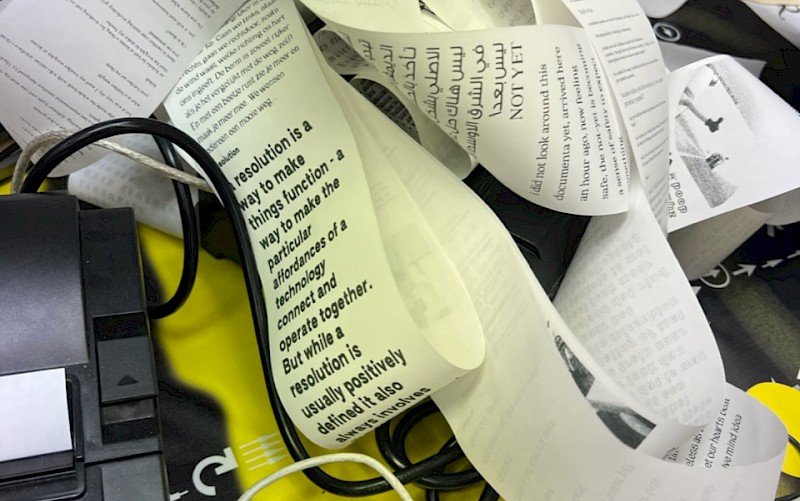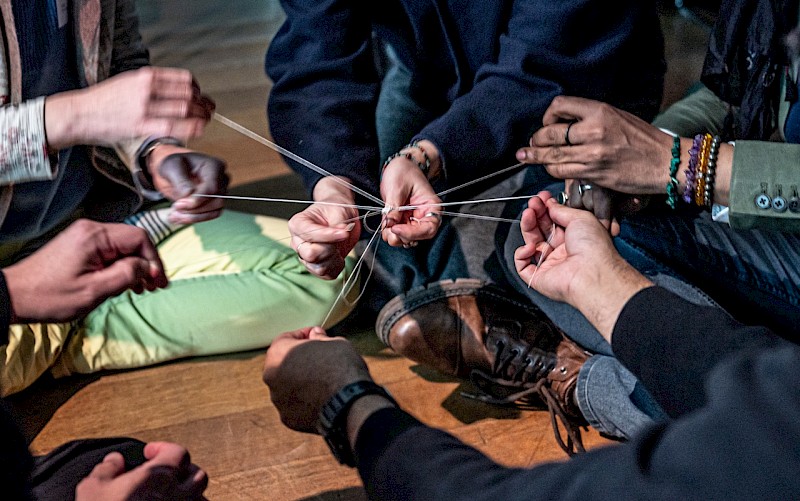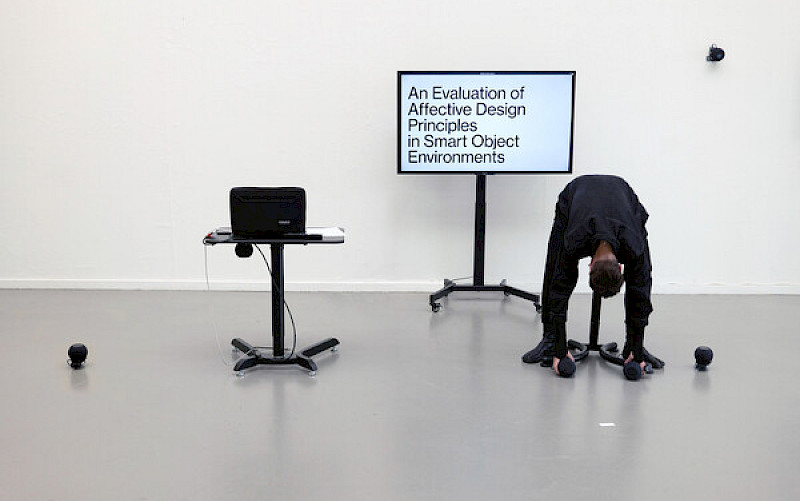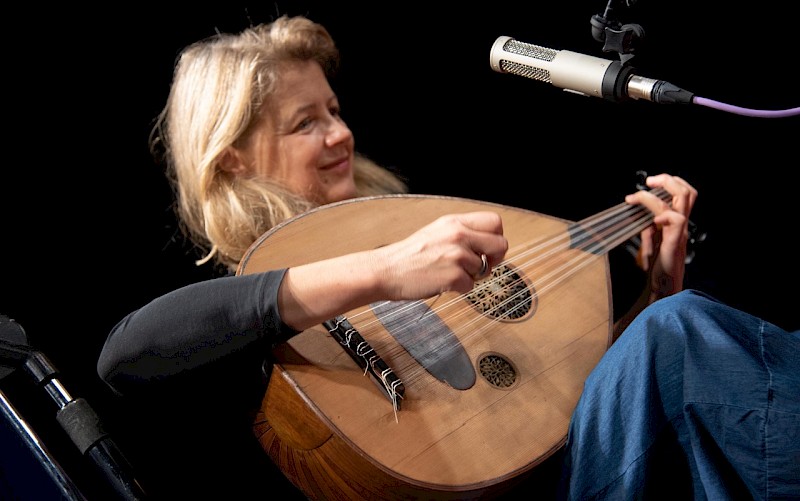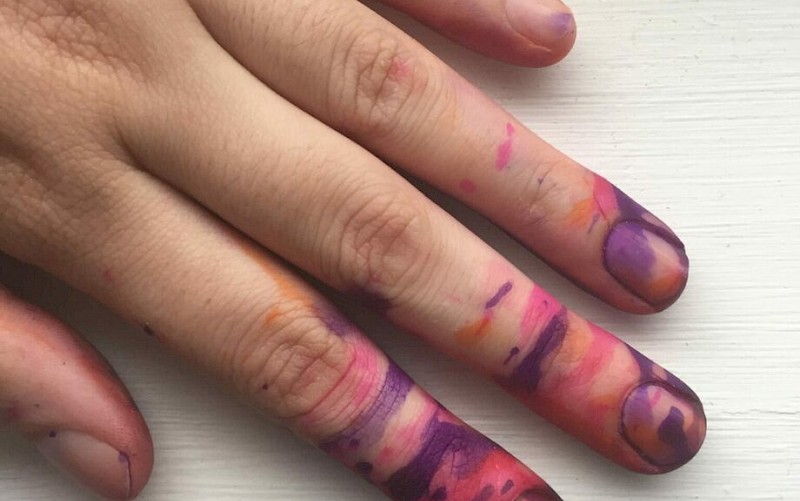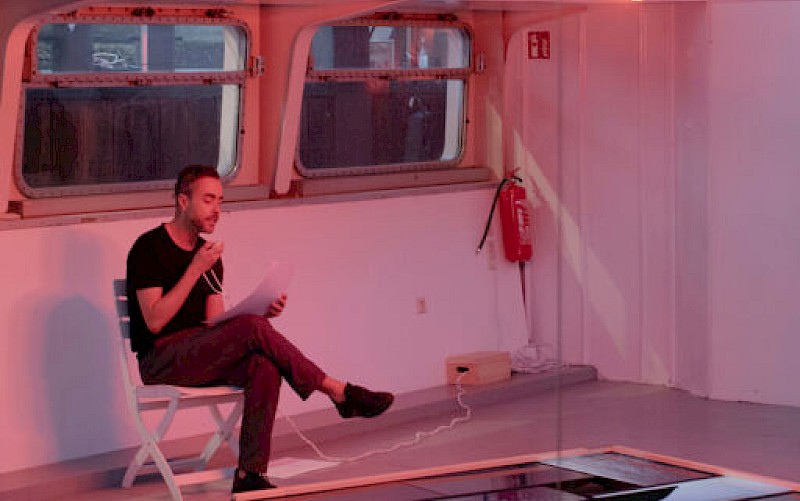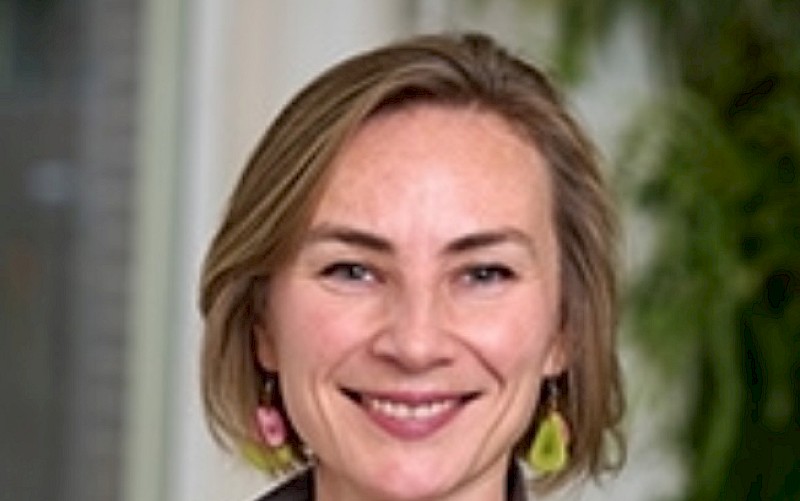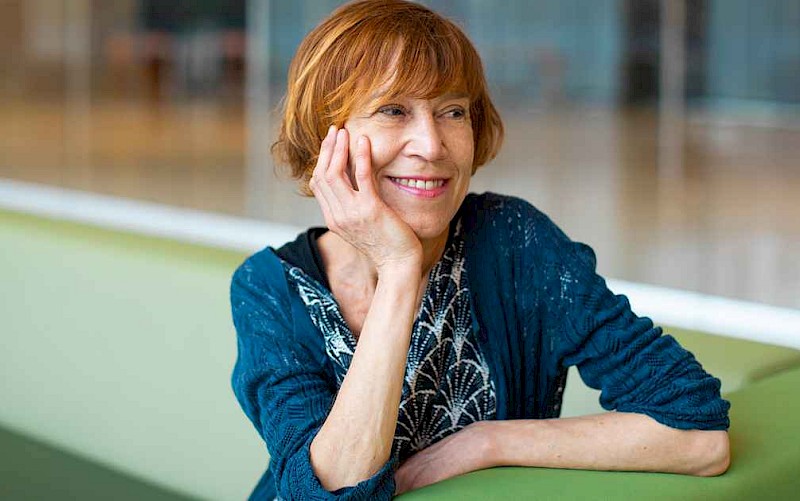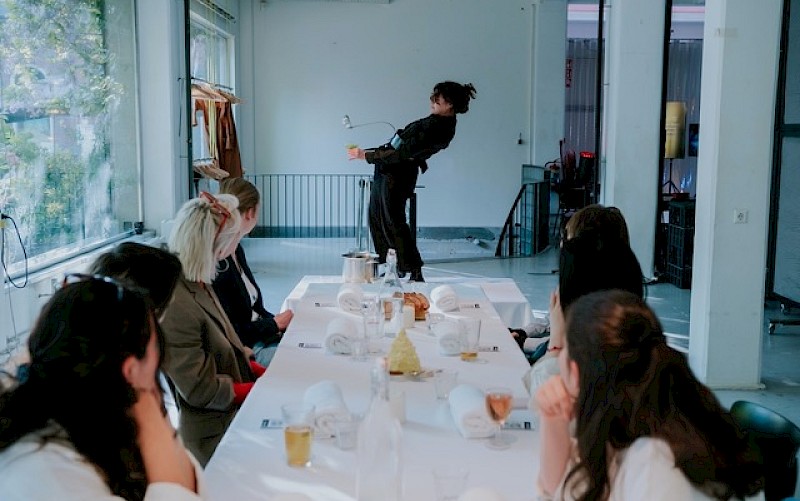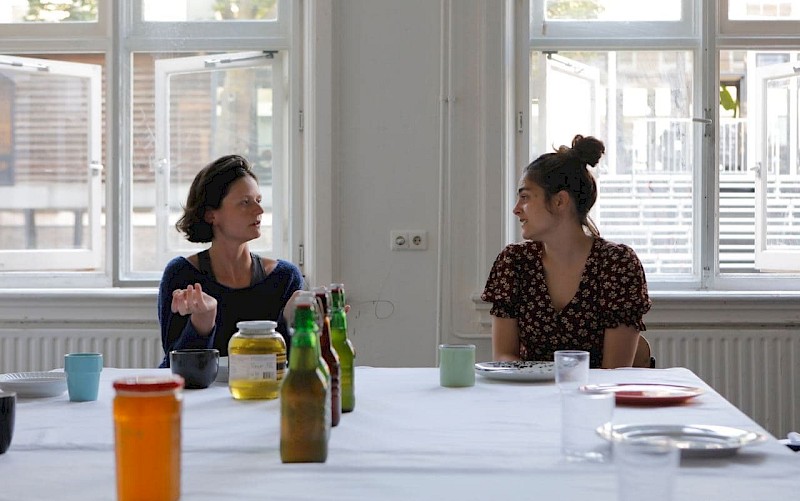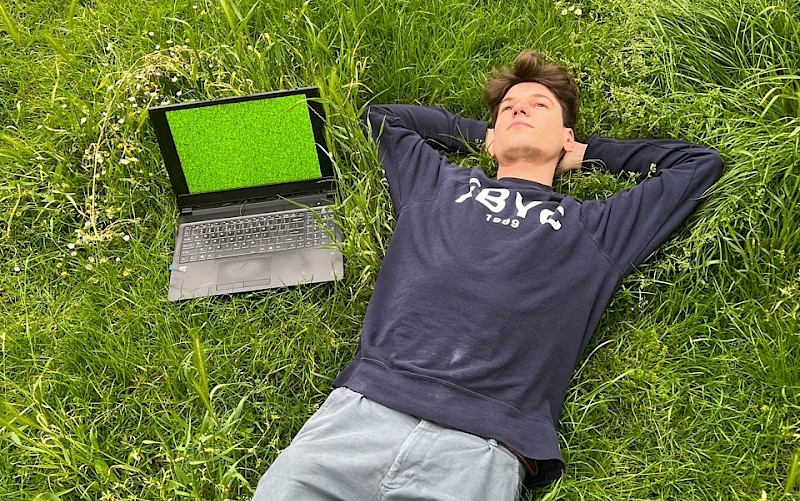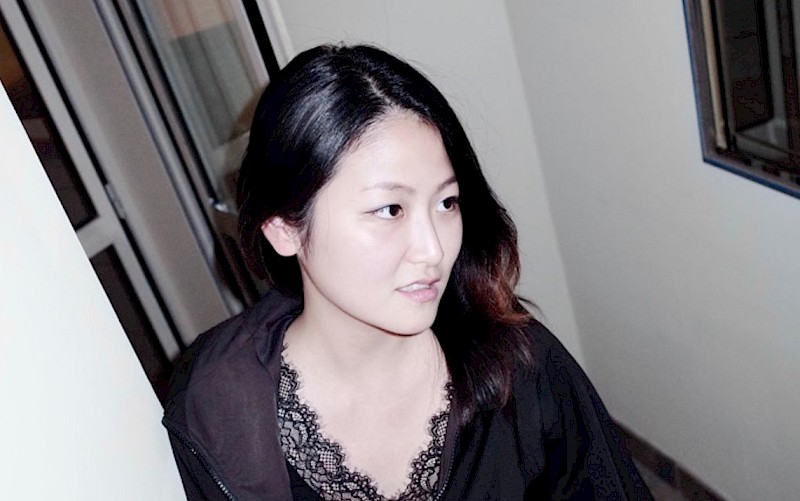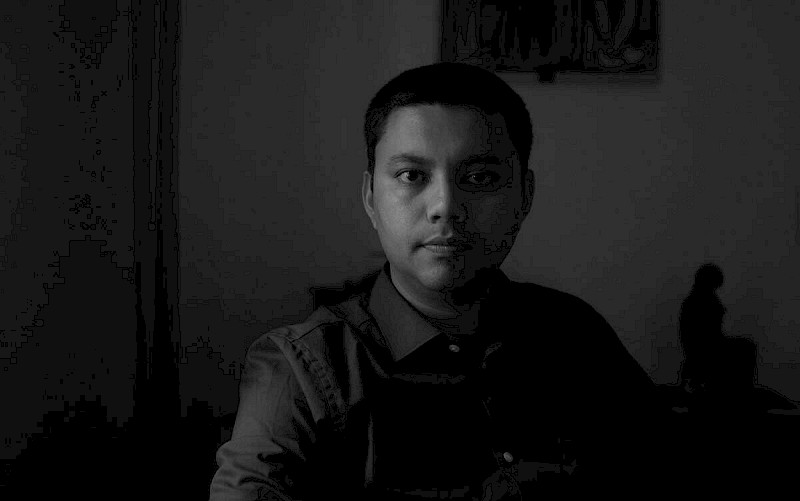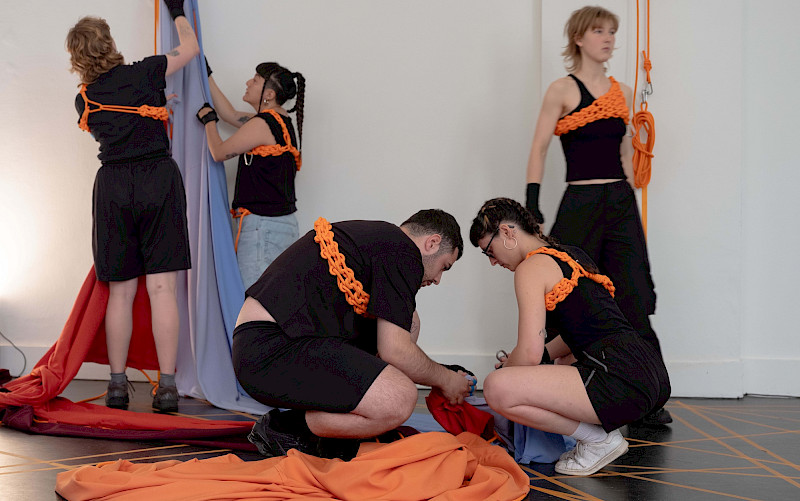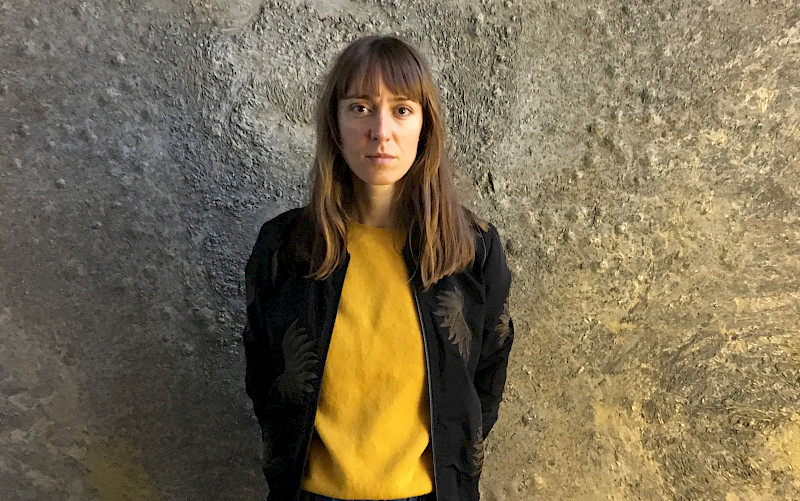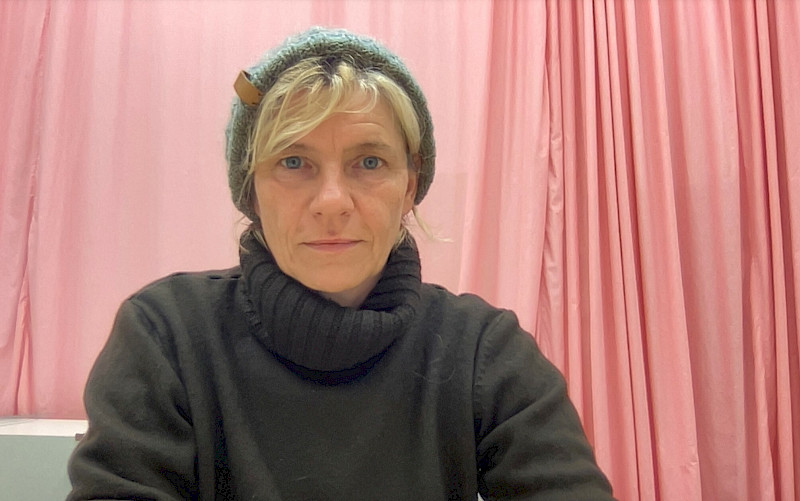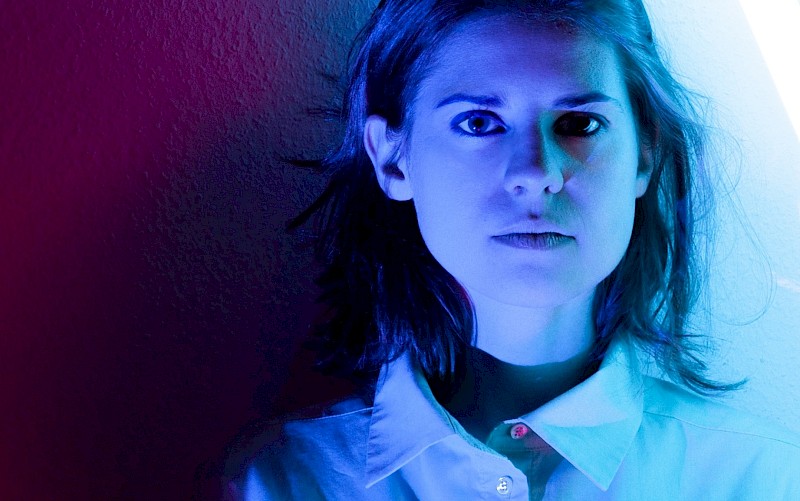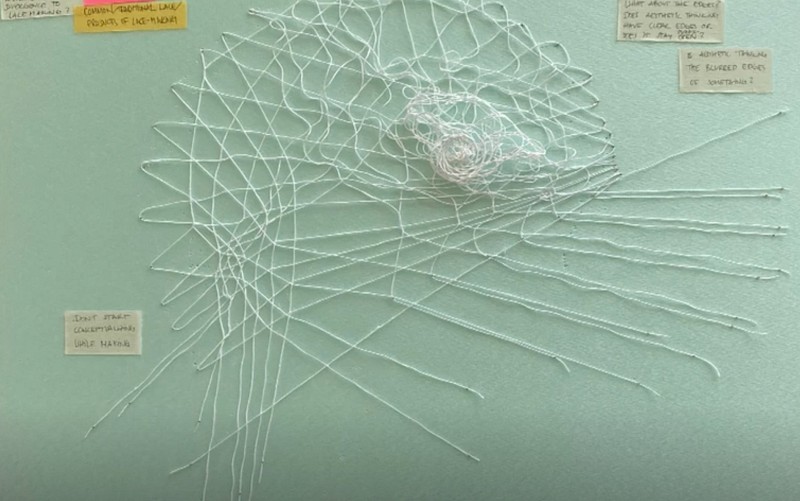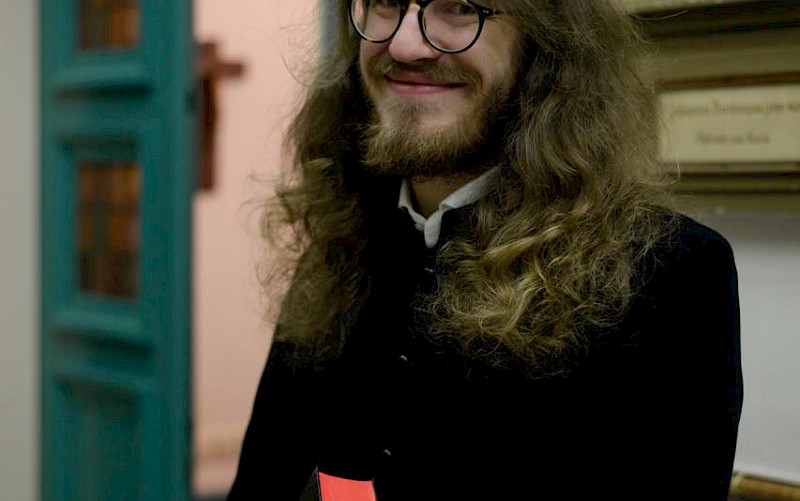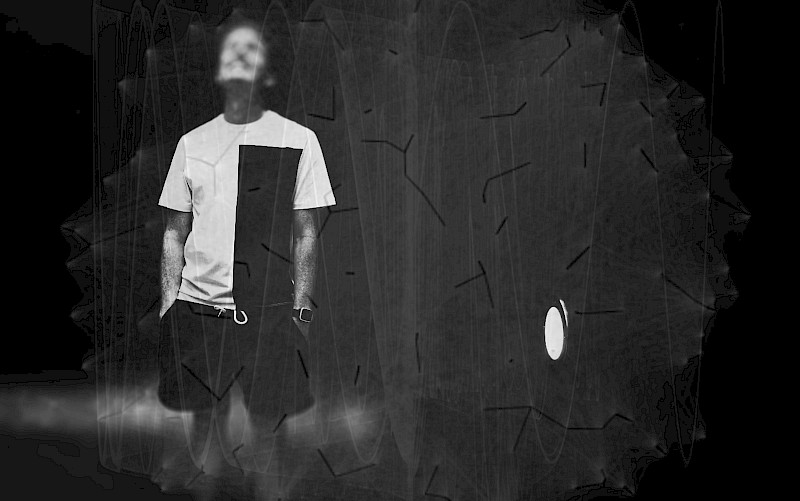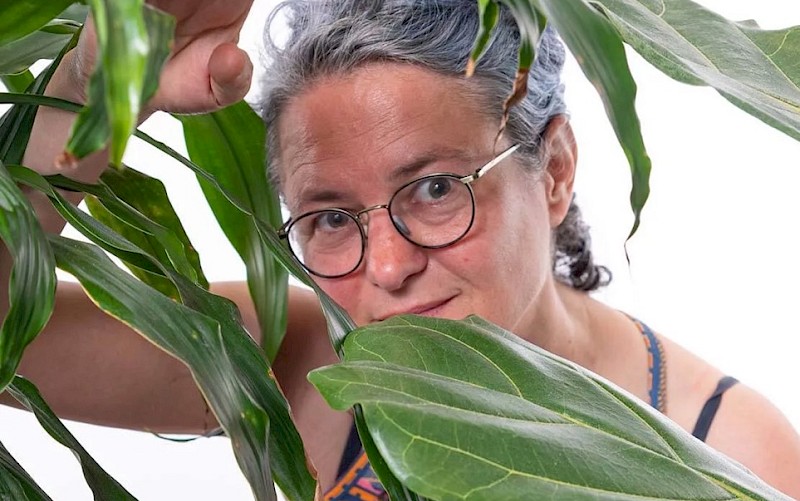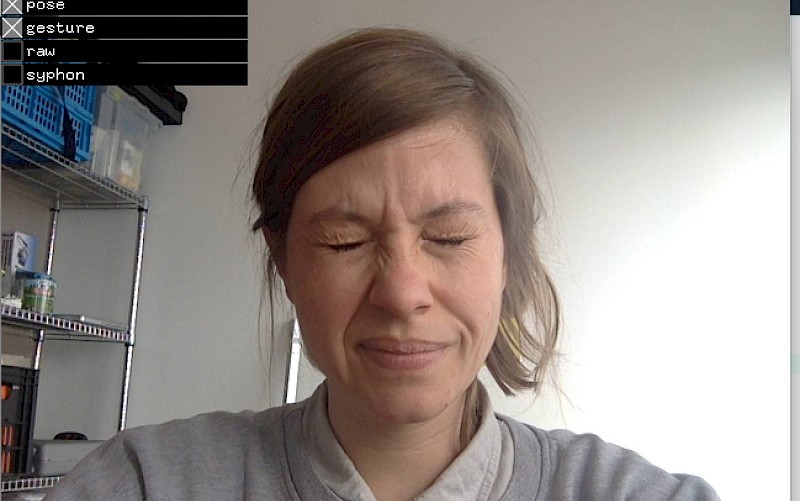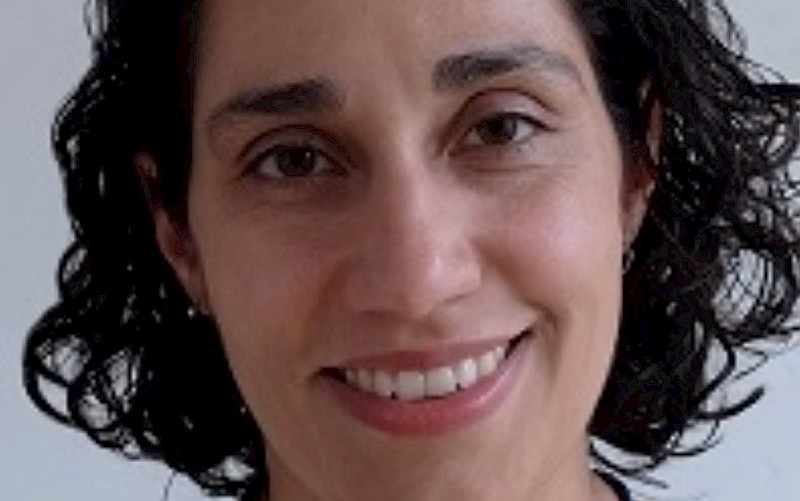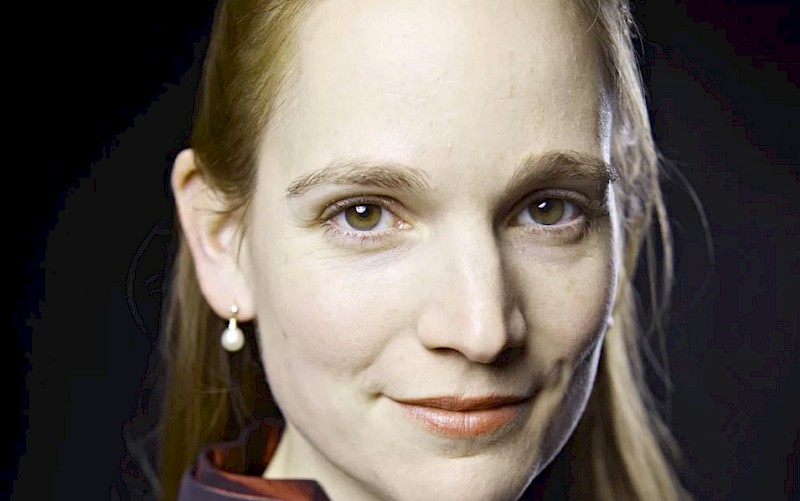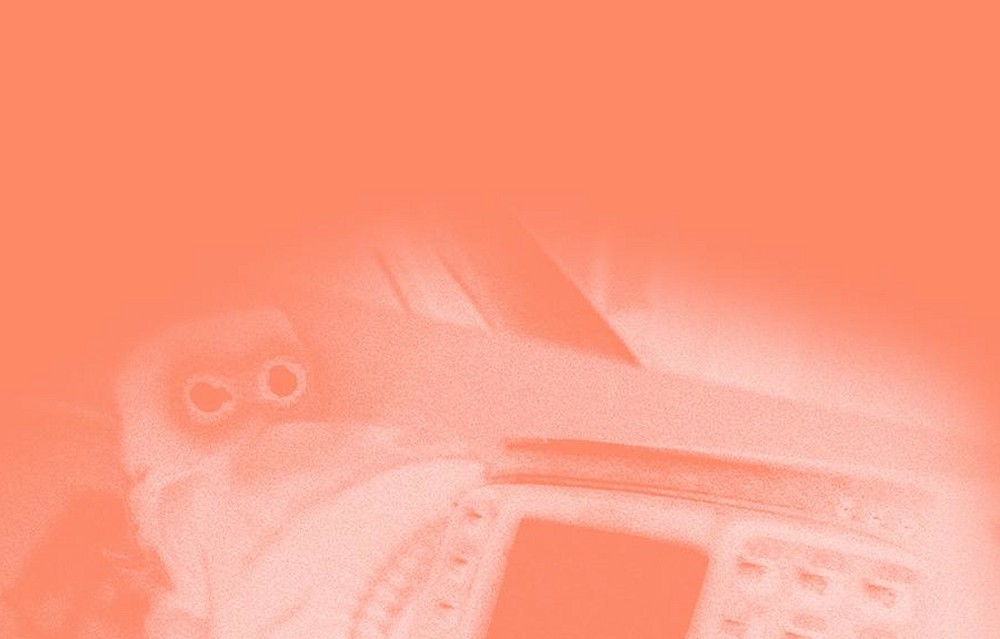
Two-Part Symposium 'After Work Conversations'
After Work Conversations is a two-part symposium about issues of emancipation and political organization in the context of work within digital capitalism. Artists, workers, activists, and academics are invited to this joint exploration of how digital technology shapes current and future conditions of work, as well as possibilities for class solidarity.
The symposium will take place in two parts and in two locations, at the Royal Academy of Art (KABK) in The Hague on April 20th, 2023, and at HfK in Bremen on May 11th, 2023.
Taking place within the framework of the international doctorate programme for artists and designers PhDArts (ACPA, University Leiden and KABK, The Hague) and the Binational Artistic-PhD program (HfK Bremen), the symposium asks if artistic research can contribute tools and concepts that bring together not only practitioners from the arts (culture) and academia, but also a politically engaged and wider public. The working hypothesis is that in this setting, boundaries and hierarchies between different types of knowledges (academic, artistic, activist, and other) can be challenged, blurred, reset and eventually overcome.
This free symposium will be co-organized by Lídia Pereira and Henrik Nieratschker, in cooperation with Prof. Dr. Anke Haarmann (also lector at KABK) and Prof. Dr. Andrea Sick.
Content of the two-part Symposium
The first day of the symposium will focus on the video games industry, investigating whether video games as an artistic medium have the potential to challenge unfair working practices, mobilize workers and cultivate solidarity. We will thus jointly explore existing conversations between artists working with video games, academics, and grassroots initiatives and, potentially, propose new ones.
On the second day of the symposium, we will ask how a post-work future can be imagined from the various perspectives of the participating guests. The conversation will touch upon the relationships between the real life struggles of workers and artistic/academic imaginations of the future of work, seeking to identify common desires that can lead towards more widespread (class) solidarity.
For more detailed information, please contact PhDarts coordinator Suzanne Knip-Mooij.
